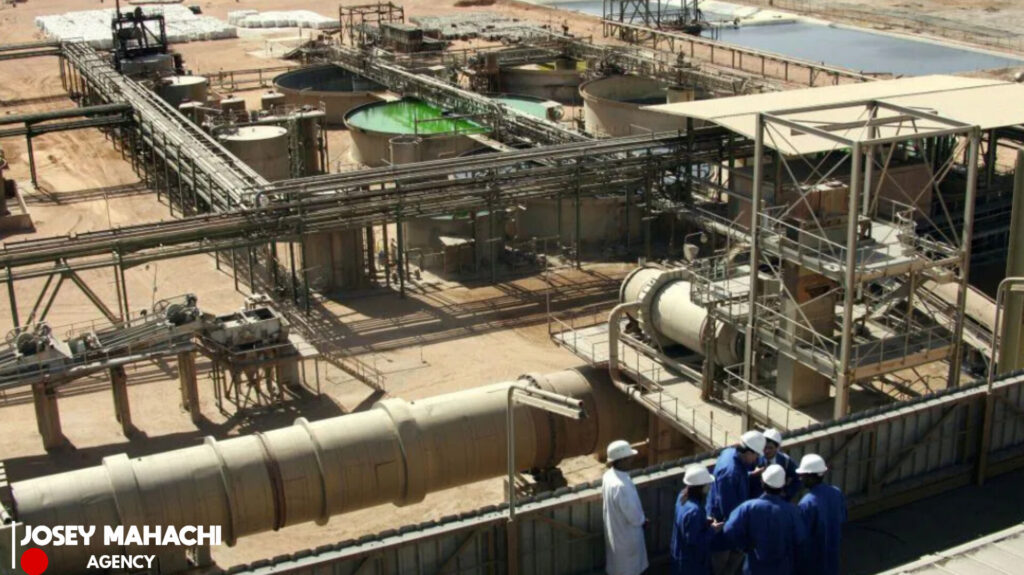By : Lloyd Mahachi
Niger’s military authorities have taken control of the French uranium mining operations in the West African country. This move is the latest escalation in the deteriorating relationship between France and Niger.
The Nigerien military rulers seized power in a coup in July last year and have since been revamping rules regulating the mining of raw materials by foreign companies. The military rulers have made it clear that they are not happy with the way foreign companies have been awarded licenses and believe that the country should earn more from the minerals found under its soil.
In June, Niger’s military rulers withdrew the permit of French nuclear firm Orano to exploit one of the world’s largest uranium deposits. Orano then suspended production, citing interference in the running of its local unit, Somair, in which Niger has a 36.6% stake.
The company has been struggling to export uranium due to the closure of Niger’s border with Benin for security reasons. A total of 1,150 tonnes of uranium concentrate from 2023 and 2024 stocks haven’t been exported, according to Orano. This is worth about $210m.
The seizure of the uranium mine by Niger’s military authorities marks a significant shift in the country’s relationship with France. Niger was a former French colony, and France had secured exclusive access to Niger’s uranium supply through various agreements.
However, since the coup, military leader Abdourahamane Tiani has been adamant about reducing Western influence in the country. The military rulers believe that Niger should be able to develop its own natural resources and negotiate better deals with foreign companies.
Niger’s uranium deposits are a significant source of revenue for the country. The country accounts for about 5% of global uranium output, making it one of the world’s top 10 producers of a vital raw material in the generation of nuclear power.
Before the coup, Niger accounted for 15-20% of France’s uranium imports. The seizure of the uranium mine by Niger’s military authorities has significant implications for the global uranium market.
Orano has warned that the move could disrupt the global supply of uranium, which is used to generate nuclear power. The company has also expressed concerns about the safety and security of its employees and operations in Niger.
It is possible that with France sidelined, Russian and Turkish firms will get a chance to invest in Niger’s uranium mining operations. In November, Niger’s Minister of Mines Colonel Abarchi Ousmane told a Russian news agency that France’s lack of recognition of the military rulers had also affected relations between the two countries.
Niger’s military rulers have made it clear that they are open to negotiating with other countries and companies to develop the country’s uranium resources. The country’s uranium deposits are a significant source of revenue, and the military rulers are determined to ensure that Niger gets a fair share of the profits.
The situation in Niger is being closely watched by the international community, which is concerned about the potential implications for global uranium supplies. The European Union and other Western countries have been critical of Niger’s military rulers and have called for a return to democratic rule.
Editor : Josephine Mahachi

